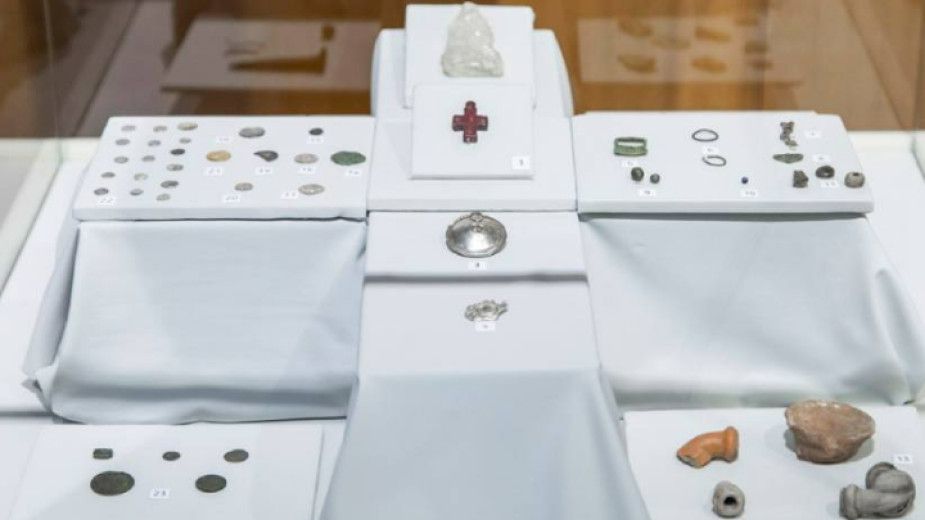 6
6
Despite the short time for excavations and insufficient funding, the completed Archаeology Season 2022 has turned out to be extremely successful. According to reports from Bulgaria’s National History Museum, the discoveries made, covering almost all archaeological periods from prehistory to the Middle Ages, provide extremely valuable information about the way of life of people in the Bulgarian lands.
Thanks to the conducted archaeological research on field, with the financial support of the National History Museum, the Ministry of Culture, funds from the "Culture" program of Sofia Municipality and the local municipalities, as well as private donors, more than 500 artefacts have been discovered at a total of sixteen sites.
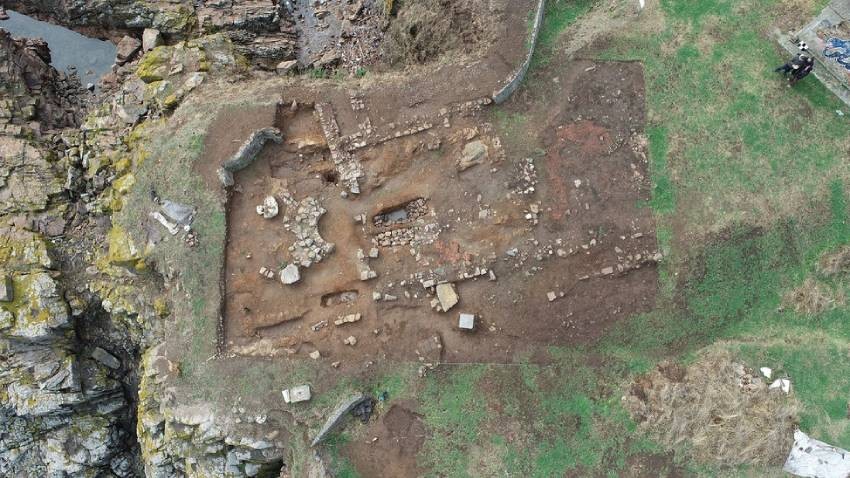
From the Rhodopes, through Sakar to the Black Sea coast, including Vitosha, Plana Planina and the Thracian Plain, the studied sites include settlement and burial mounds, ancient and medieval fortresses and settlements. Among the most interesting are the “Hidden Mound” area near the village of Poroy, the mediaeval monastery of Ahtopol, the fortresses Lyutitsa, Bukelon, Kalyata and Kokalyanski Urvich.
Near the village of Poroy close to Pomorie, for example, many different shapes and sizes of ceramic vessels, flint, stone and bone implements, parts of ornaments, figurines were found. Among the rich collection of finds in the settlement mound, an interesting string of beads made of bone dating to the Stone-Copper Age stands out.
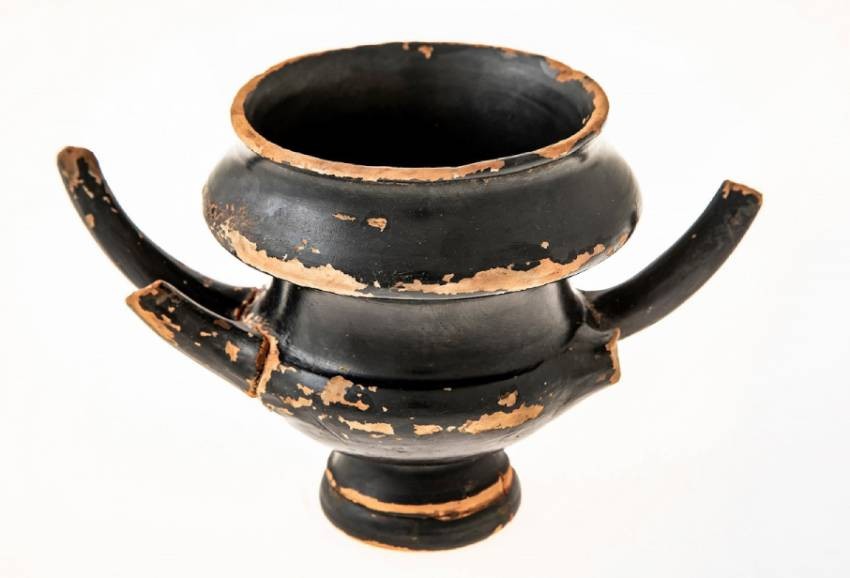
Also this year, the regular archaeological excavations of the ancient fortress of Ravadinovo again proved to be beneficial for the researchers, who in the 2017-2022 period found evidence of a well-fortified site that existed on the territory of the Greek colony of Apollonia Pontica. Among them are the amphorae from Thasos, the Thasos circle, Chios, Mende, Miletus (dated between the first half of the 5th century BC and the 3rd century BC).
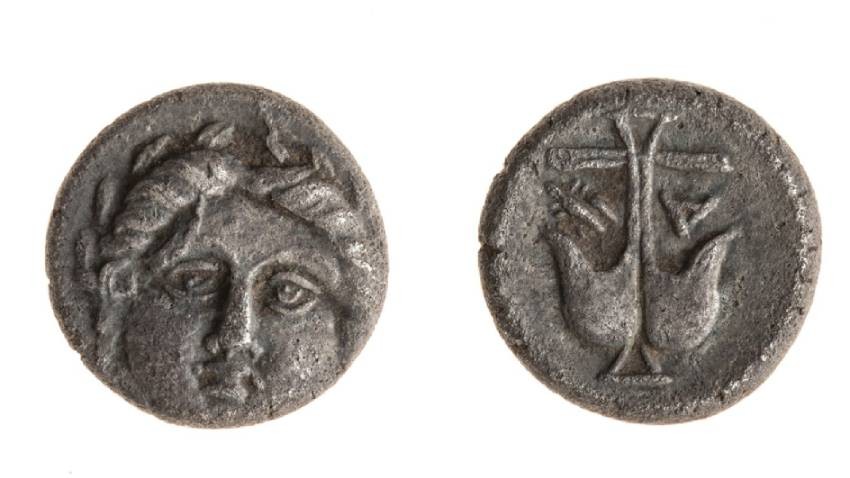
The underwater archaeological work in the water area of Burgas and the region also ranks among the most interesting projects during the year. As for the northern Black Sea coast, during this summer the excavations at the medieval capital of the Dobruja despotate - the magnificent Kaliakra - proved that it is an irreplaceable part of Bulgaria’s rich cultural heritage.
Another interesting highlight of the archaeological year 2022 are the discoveries in the Eastern Rhodope Moutain, in the region of Ivaylovgrad, made during the regular archaeological digs of the Late Antiquity and Medieval fortress in the "Balak Dere" area. The rich collection of finds includes a bronze vessel for religious rites (patera), a clay lamp with a round tank and a bronze coin of Emperor Probus (276-282), as well as three coins from the 5th century, which confirm the hypothesis that the fortress began to function precisely in the early 5th century.
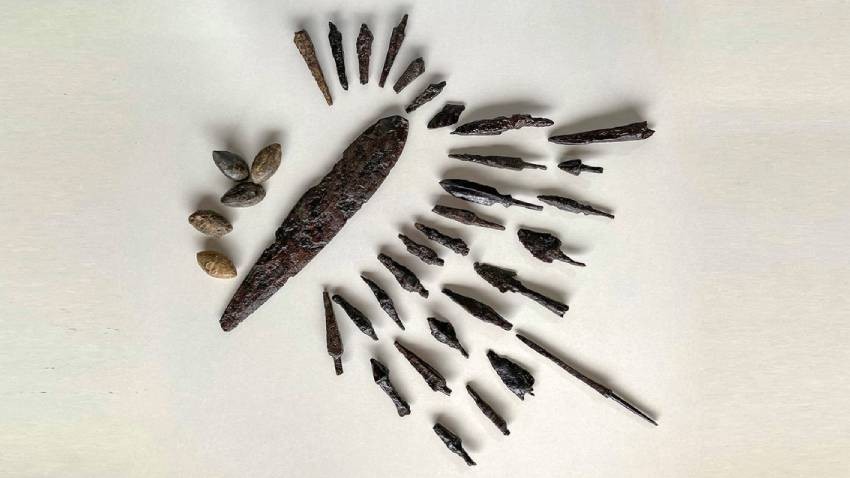
All these discoveries can be viewed until the end of March 2023 in the exhibition "Ancient finds. New discoveries. Archaeological season 2022" at the National History Museum.
Photos: National Museum of History
Compiled by Darina Grigorova
Editing by Elena Karkalanova
The fighting for Sofia within the framework of the Russo-Turkish War (1877-1878) began on December 25, 1877. On January 3, 1878, the city's commandant Osman Nuri Pasha began to withdraw from Sofia. His plans to set the city on fire were thwarted..
In its latest digital section “Buildings Tell a Story”, the Regional History Museum – Sofia presents the stories of iconic buildings in the center of the Bulgarian capital city, as well as of the people who once lived in them. The video initiative..
T he Supreme Court of Cassation has given final judgement that the Bulgarian Orthodox Old Calendar Church must be registered in the register of religious denominations. This isthe first time a second Orthodox church will be registered, the..
The fighting for Sofia within the framework of the Russo-Turkish War (1877-1878) began on December 25, 1877. On January 3, 1878, the city's commandant..

+359 2 9336 661
